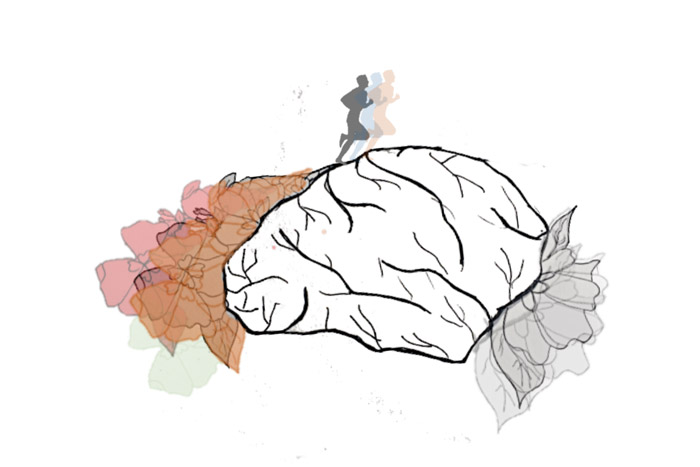On March 28, the McGill University Senate, the governing body tasked with general control and supervision over academic matters at McGill, convened to discuss McGill’s changing approach to issues of academic integrity. Martine Gauthier, executive director of Student Services, also introduced the new Rossy Student Wellness Hub (RSWH). Additionally, Senate touched upon the newly released federal and provincial budgets, and heard a status report from the Principal’s Task Force on Respect and Inclusion in Campus Life.
The problem with plagiarism detection software
Arriving at the podium for his proposal to repeal the Policy on Text-Matching Software, Professor Chris Buddle, Dean of Students, was greeted with laughter from the senate’s generally stoic audience.
“I want to thank all of the senators for coming today for this momentous occasion,” Buddle said. “Repealing a policy […is not done] very frequently at universities.”
Text-matching softwares, such as Turnitin, are programs that detect intellectual copyright violations in academic work. Buddle shared the Office of Teaching and Learning’s complaints about the policy, which was developed after McGill purchased a specific license for text-matching software, but has since become obsolete. Laura Winer, director of Teaching and Learning Services, elaborated on the Senate’s motivations for creating the policy in 2004.
“The origins of this policy were […] concerns about student data privacy,” Winer said. “[There was concern about] students who didn’t want their intellectual property […] becoming part of a third-party’s database that would be used for profit.”
The policy depended on McGill using a single plagiarism detection software for all academic work produced at the university. Currently, the university no longer has an institutional license for text-matching software, and the policy has not been revisited since the Board of Governors approved it in December 2004.
The need for such a solution is waning with the rising number of non-text-based assignments such as code for computer science courses, which require a different approach to combating plagiarism. Before putting the motion to a vote, Buddle emphasized McGill’s unwavering stance toward instances of intellectual copyright infringement.
“Of course, to repeal a policy like this might suggest for some that we don’t take academic integrity seriously, which is not the case,” Buddle said. “I don’t think […] repealing this policy in any way will lessen our commitment nor the means that we have to ensure academic integrity is upheld at the university, whether formally through our code of conduct, or through the […] Academic Integrity Module.”
Senate voted to pass the motion to repeal the policy. Professors are still able to copy and paste suspicious paragraphs from students’ essays into search engines, but are required to notify students when using text-matching software.
Rossy Student Wellness Hub in planning stages
Gauthier spoke to Senate at length about the forthcoming creation of the RSWH. The initiative will be the largest change to McGill’s Student Services since the implementation of the collaborative care model in 2016. The program will integrate student health, psychiatry, and counselling under one umbrella service.
“Health promotion includes awareness, prevention, and early intervention,” Gauthier said. “At this point, Student Services, in terms of our approach to student mental health, has been largely reactive. So we’re moving to a more proactive model. We’re trying to get into where students are working, learning, and living, […] and providing support before students get to a crisis point where they need to be accessing a counsellor or psychiatrist.”
The three current part-time directors of student health, psychiatry, and counselling will continue to oversee quality of care within their separate disciplines. However, with the introduction of the Hub, the RSWH director and the associate director of Health and Wellness Promotion—two positions which have yet to be filled—will oversee quality of care in all three disciplines.
RSWH will be housed in the West Wing of the Brown Building, which the university plans to renovate in Summer 2018. Gauthier emphasized that construction will not interrupt the functioning of health services.
The Hub is projected to open its doors in January 2019.









